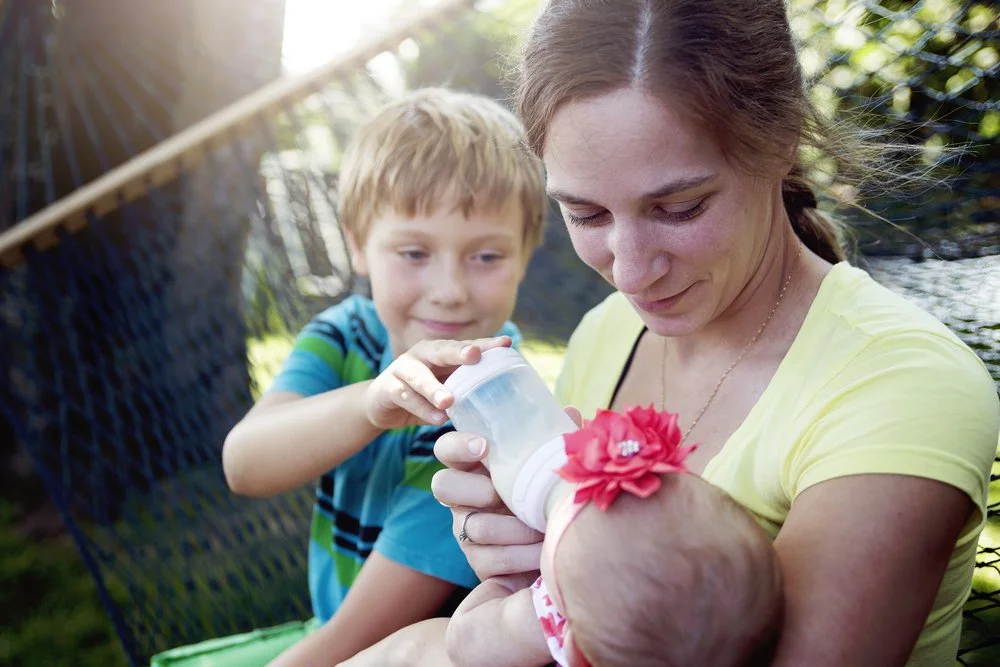Urban Women and Postpartum Depression
Research suggests living in a city may raise your risk
Many things can increase a woman's risk of developing postpartum depression (PPD), including stress, lack of social support, and poor health. But new research suggests these important factors don't affect all communities equally. According to a Canadian study published online in the Canadian Medical Association Journal, women living in big cities have higher rates of poor social support and higher rates of PPD. These findings suggest that urban areas could be critical areas to implement programs to screen for and treat PPD.
A team at the University of Toronto analyzed data from a nationwide phone survey of 6,126 new mothers living in Canada's large metropolitan areas, suburbs, towns, farming communities, and very remote regions of the country. They found that women in cities had a 9.2 percent risk of screening positive for PPD compared with 6.1 percent in the most rural areas and 7 percent in small towns. The communities with the lowest rates of PPD were suburbs (5.3 percent).
Although the risk of PPD was highest among women in big cities, much of the disparity could be attributed to the women feeling like they did not have enough help in the postpartum period. "Women in urban areas are surrounded by people, but it is a different social support," says Lori Ross, PhD, a scientist at the Centre for Addiction and Mental Health and lead researcher of the study. "There are a lot of groups [in Toronto] that I can go to, but I can't call my mom and have her here in a half hour so I can take a nap."
The researchers also found that women in metropolitan areas were more likely to experience violence in their relationships and rate their health as poor, which could both increase PPD risk. In addition, the city group contained a larger population of immigrants that had moved to Canada within the previous five years. "The stress of immigration, of settling and [finding a source of] income, of being away from family and your social support could all [increase PPD risk]," says Ross.
This research suggests that "program planners and policy makers need to think about how to set up social support in areas where it is poor," says Ross. One example of this type of system is already in place in Toronto, she adds, where public health centers run groups for new moms to come with their babies and learn parenting tips and connect with other moms.
However, these types of programs provide different support than having family and friends nearby – for example, health centers may only be open during business hours. So "we need to think creatively about how we can create a social support network like that in less urban areas," says Ross.
"The risk factors that are probably driving this association [between PPD risk and where people live] have been previously described but not in this systematic way," says Samantha Meltzer-Brody, MD, director of the Perinatal Psychiatry Program at the University of North Carolina Center for Women's Mood Disorders. "However, future work will be needed to see if these risk factors are unique to urban versus nonurban areas."
One message is the same for all women regardless of where they live, says Meltzer-Brody. Try to set up help and social support if you don't have enough. This could mean asking family for help, hiring a baby nurse or postpartum doula, or joining a mom's club or religious group. "Women are not meant to make a major life transition like becoming a mom in a vacuum by herself," says Meltzer-Brody, "[whether they are] in a seven-story apartment building in the Bronx or in a house at the end of a cul-de-sac."
If you think you may have postpartum depression, answer these simple screening questions.












